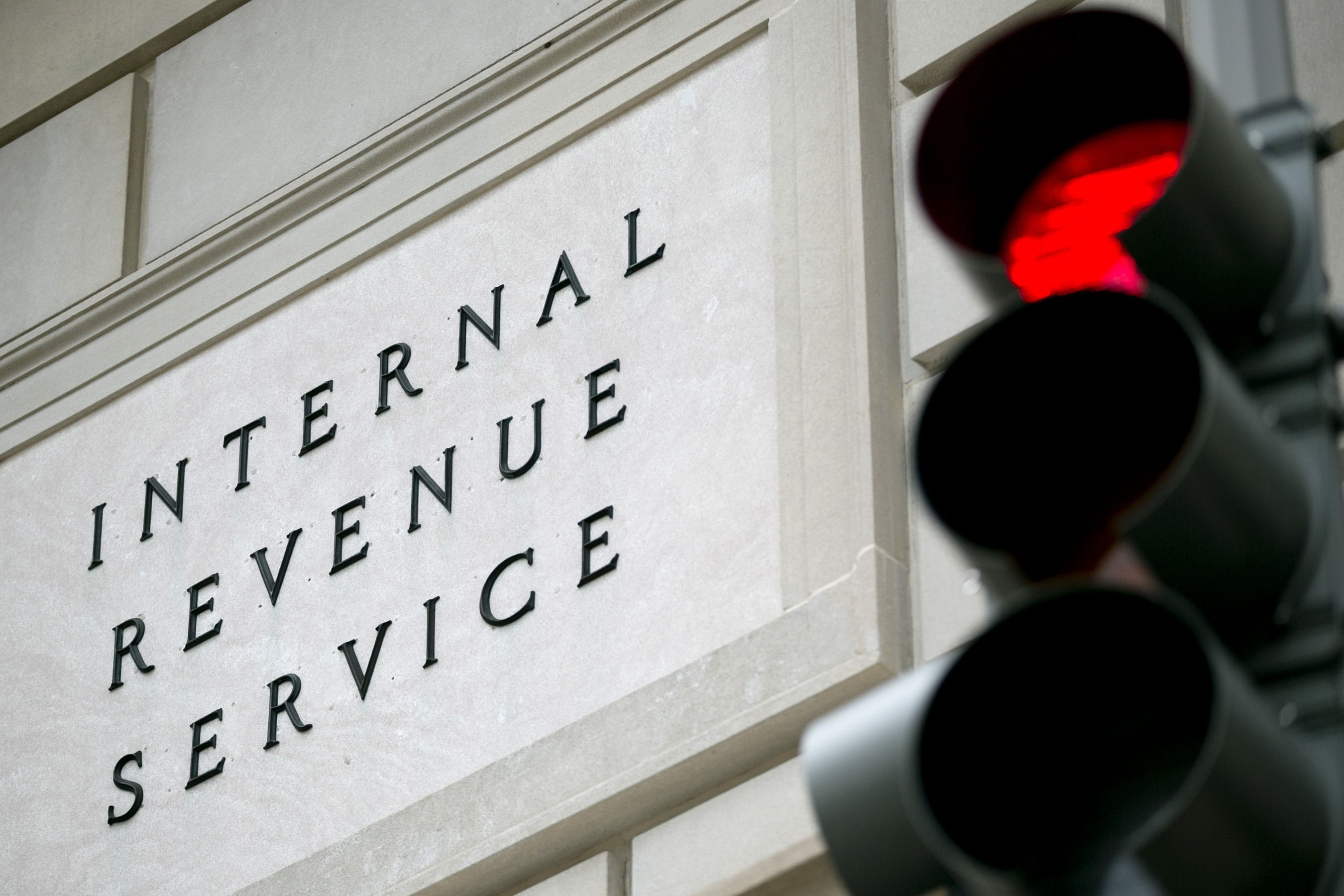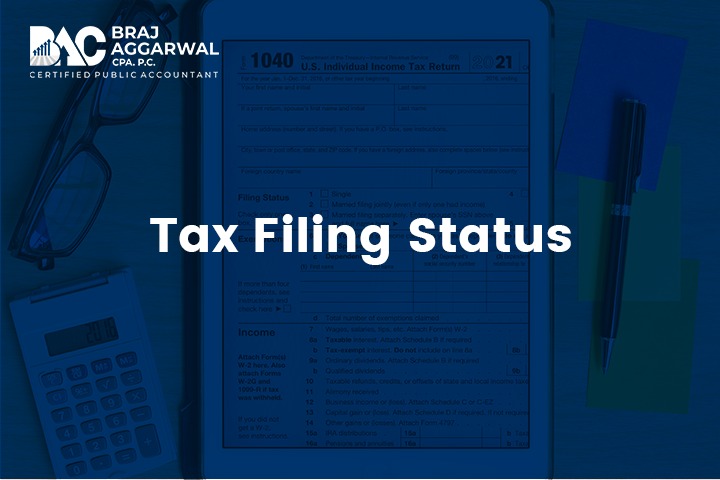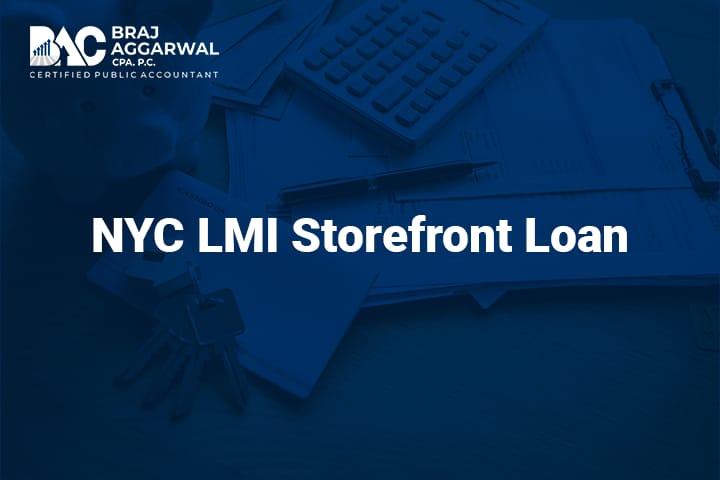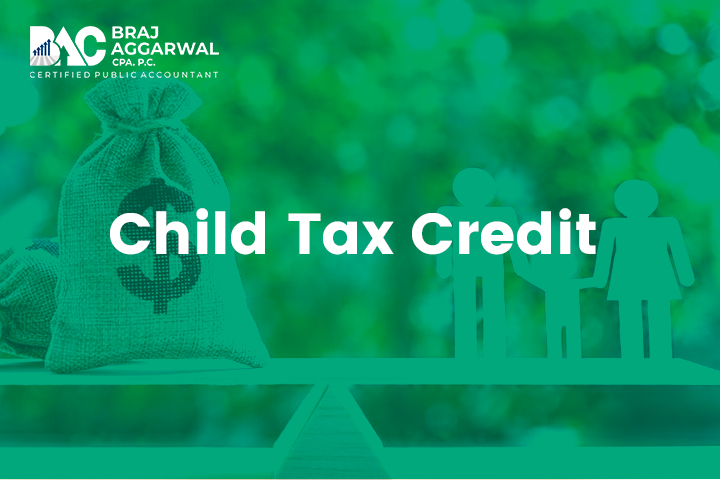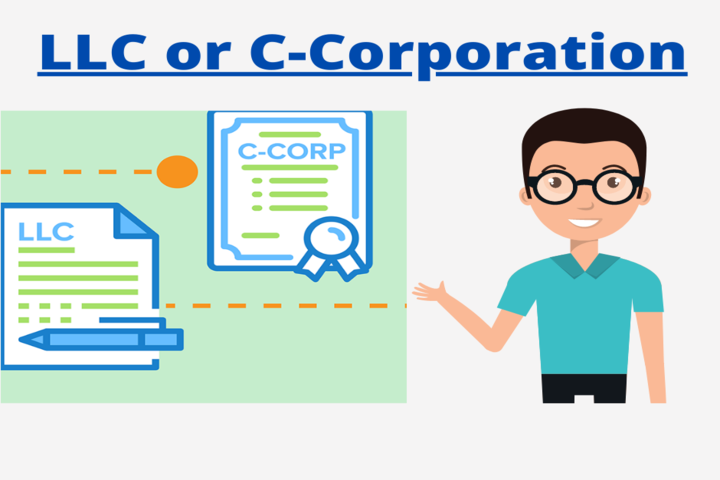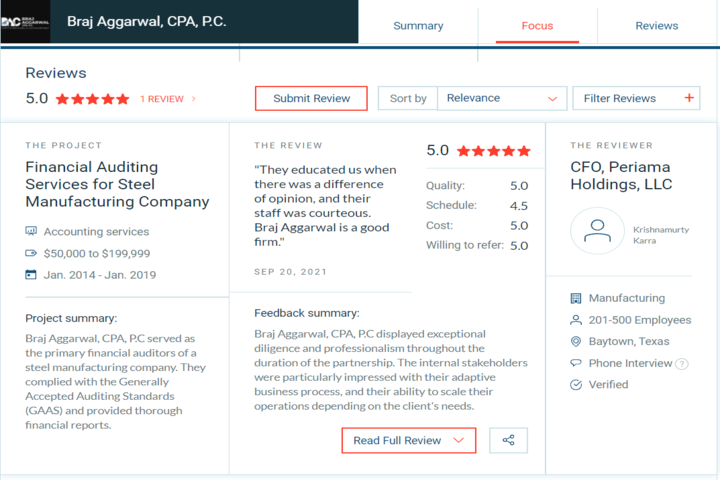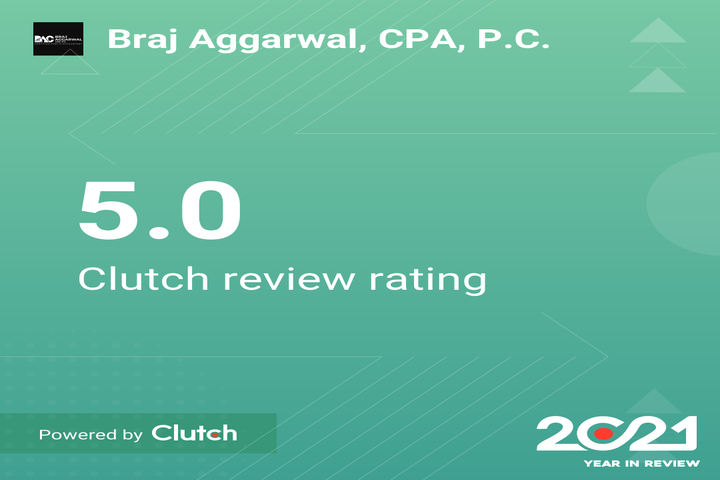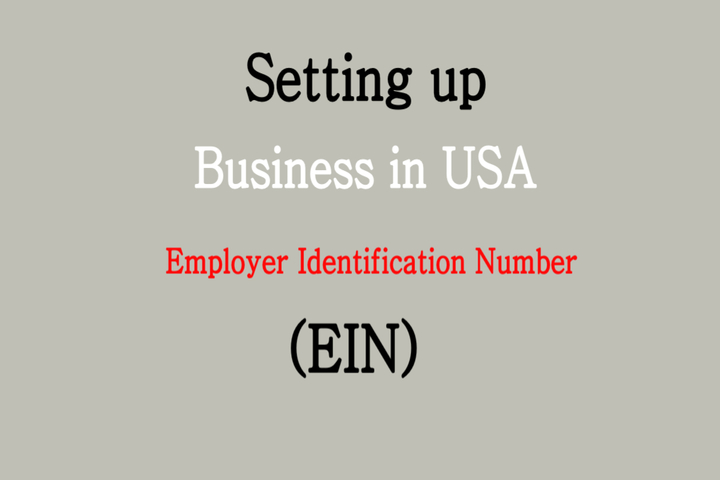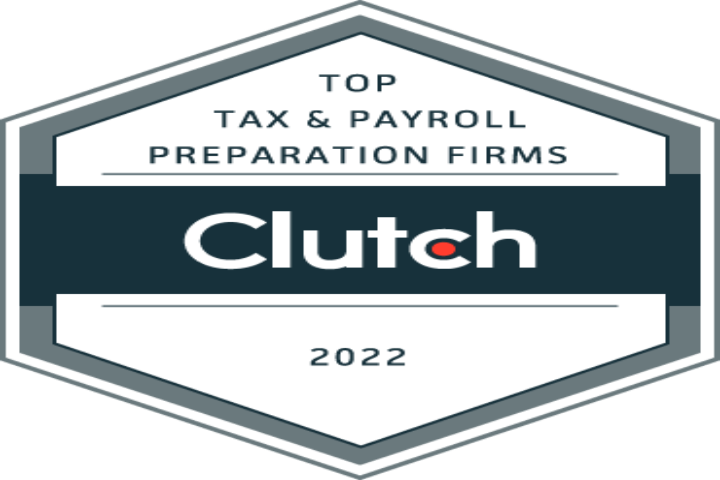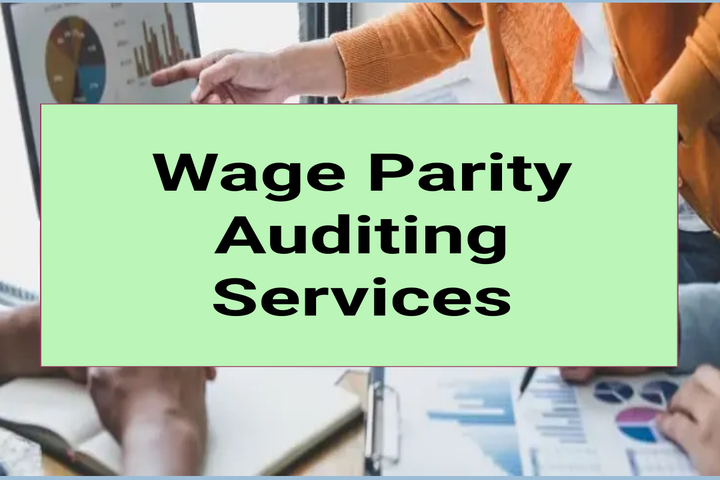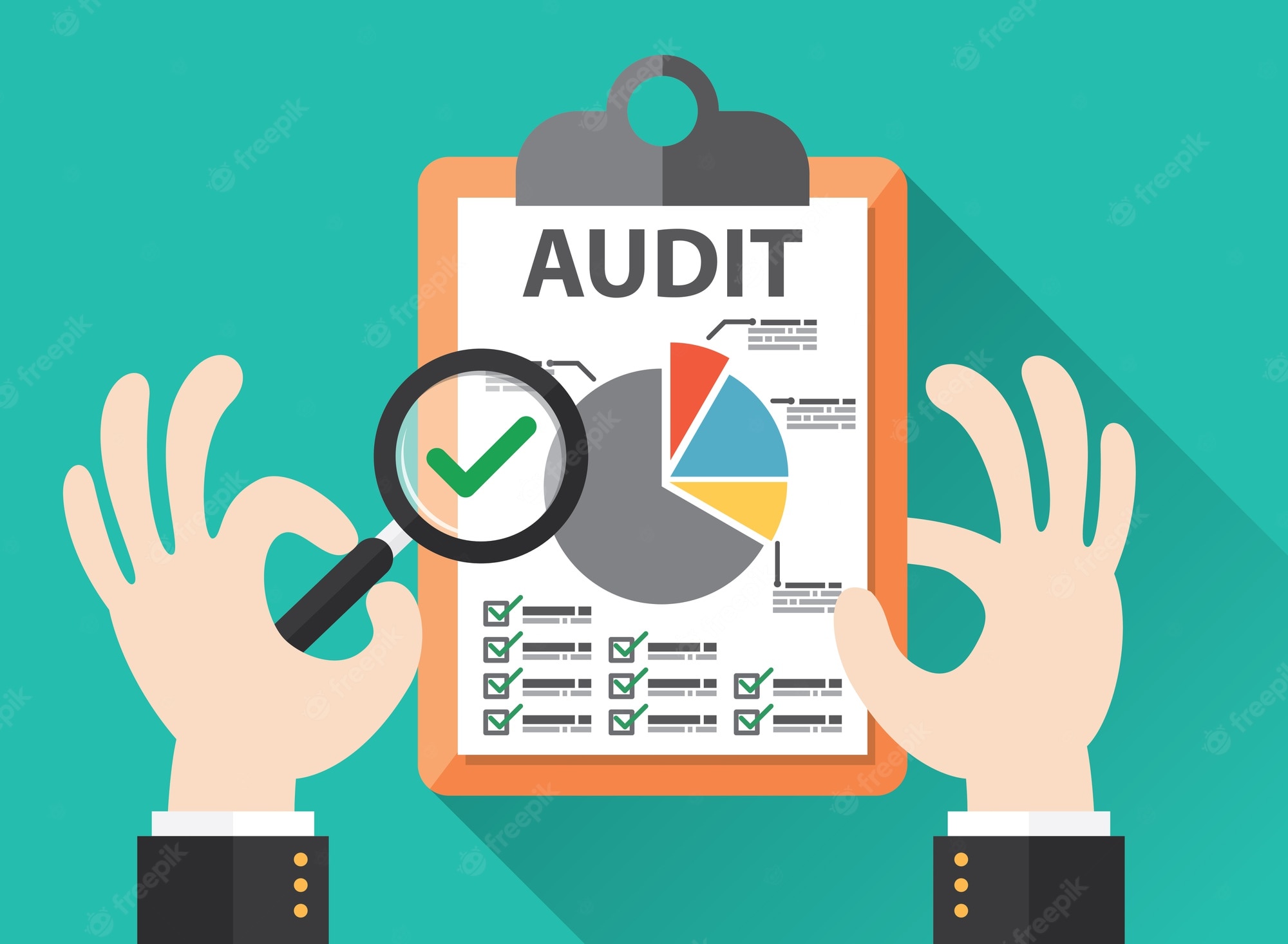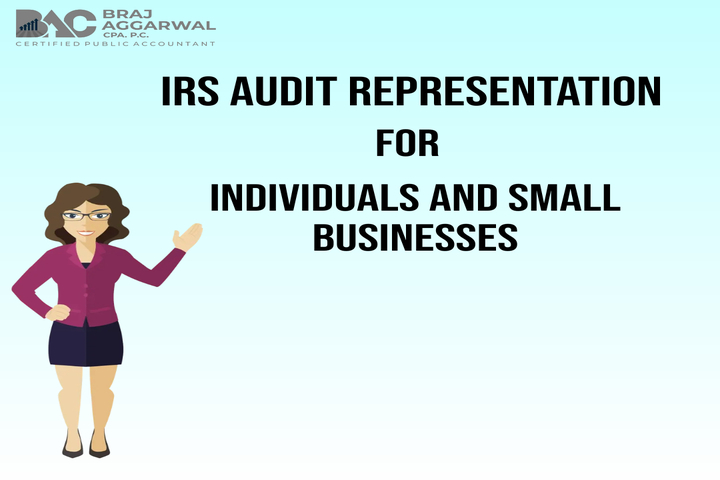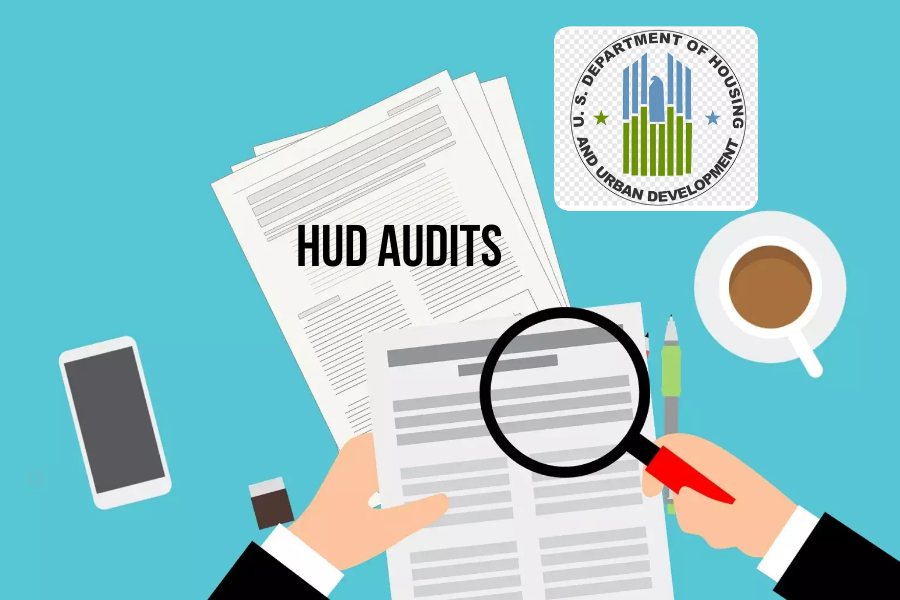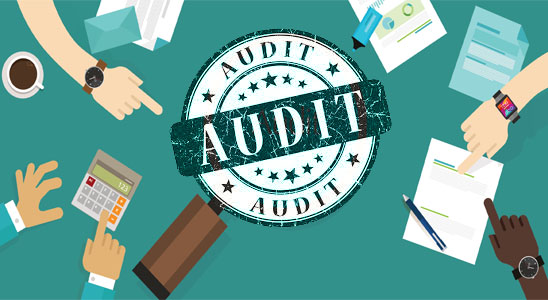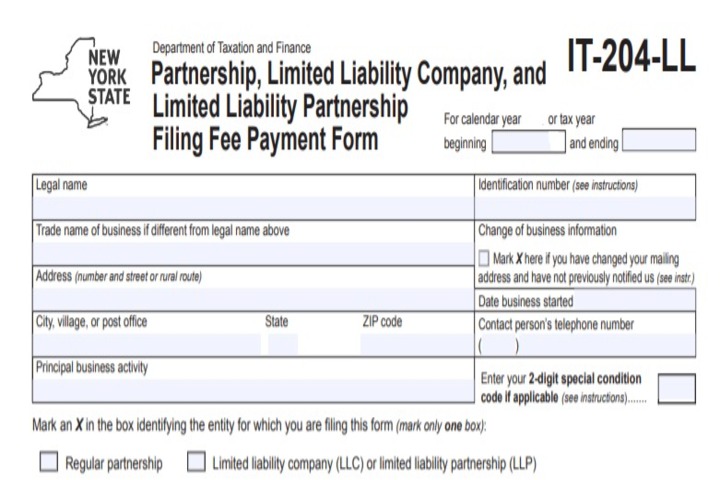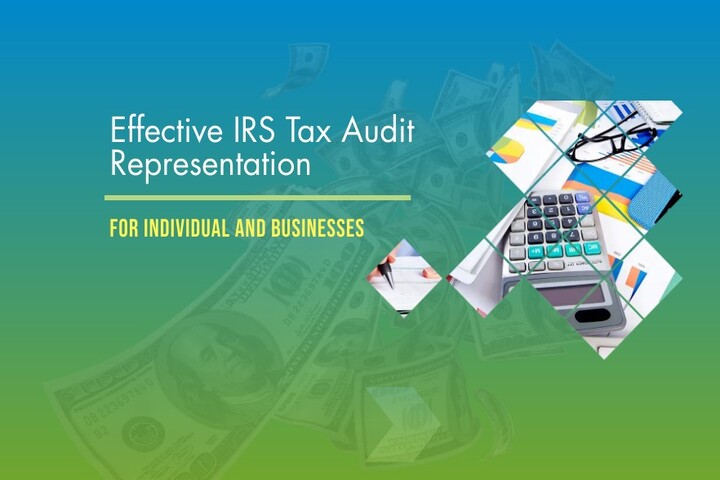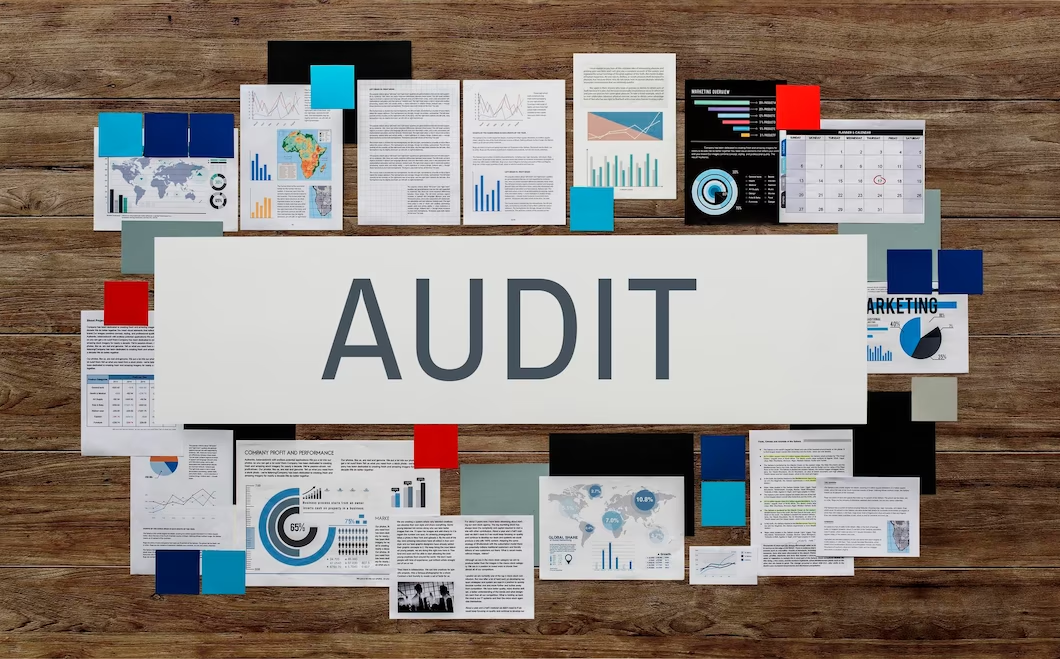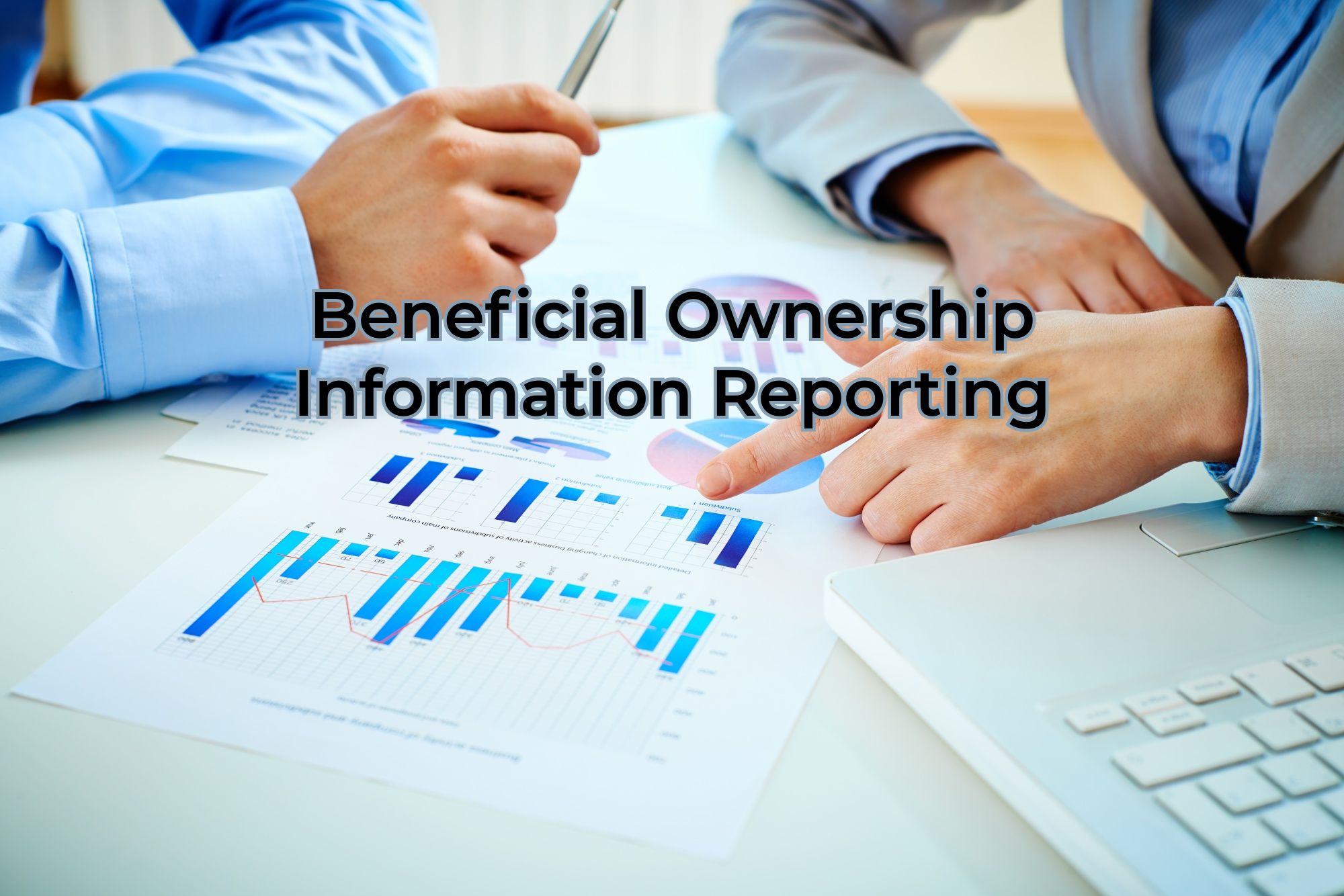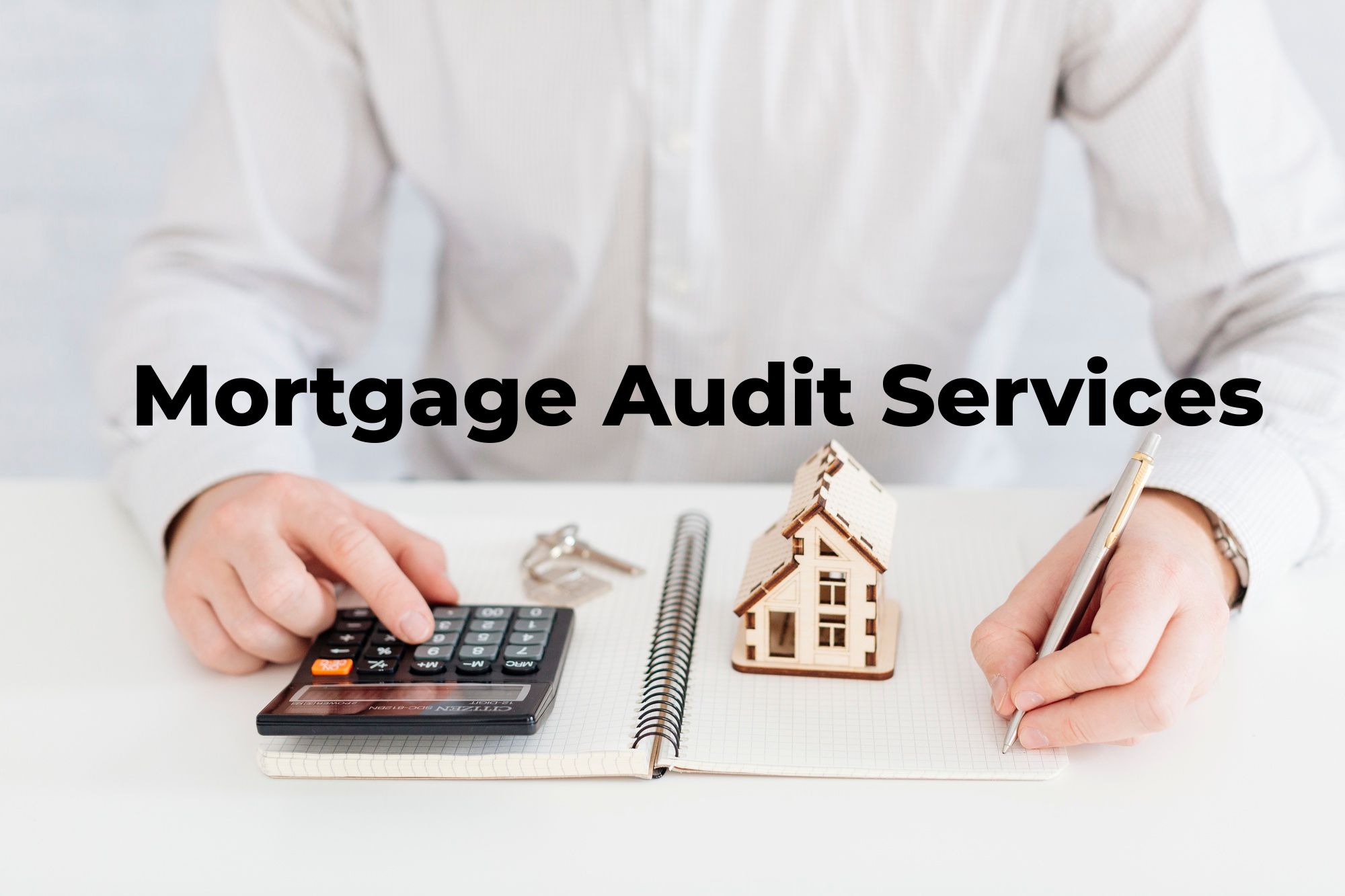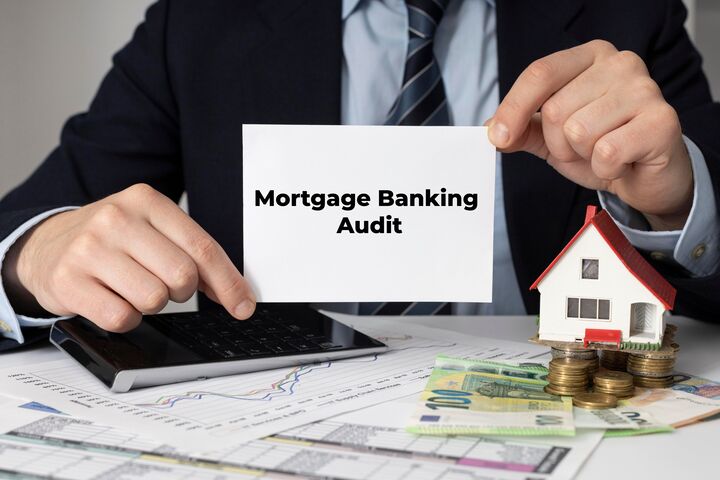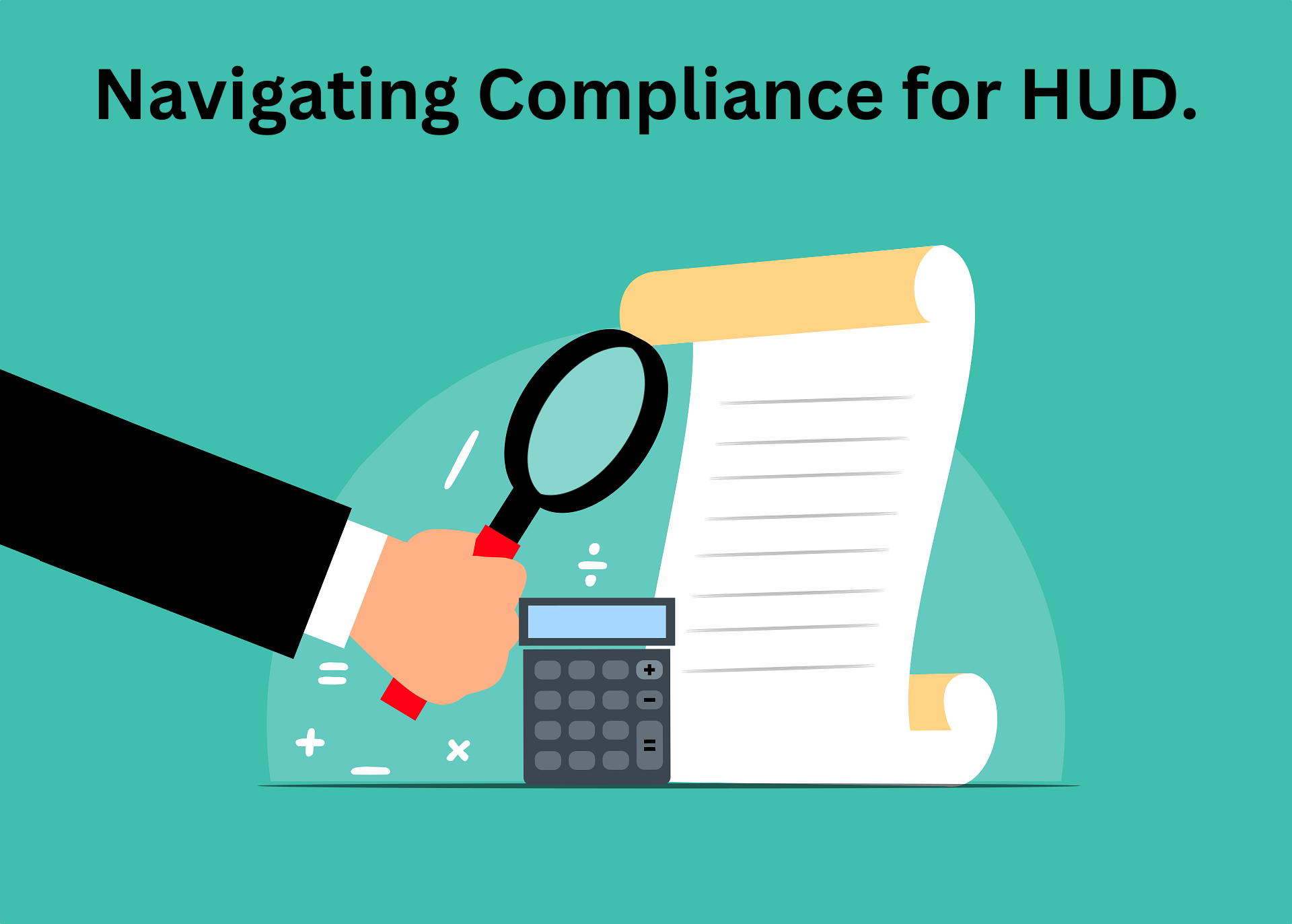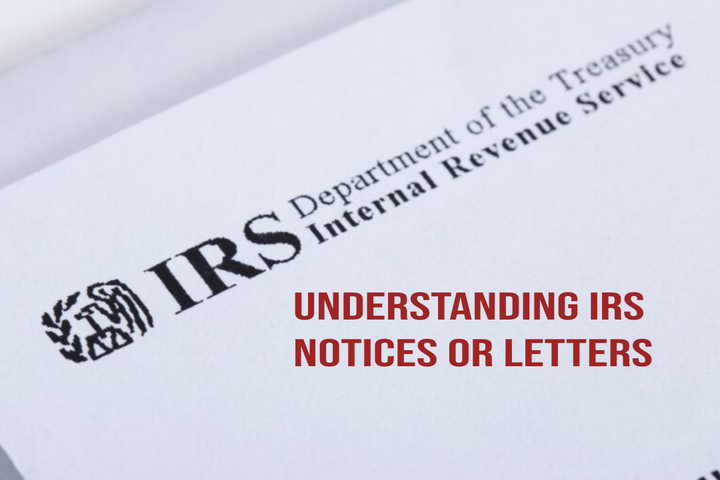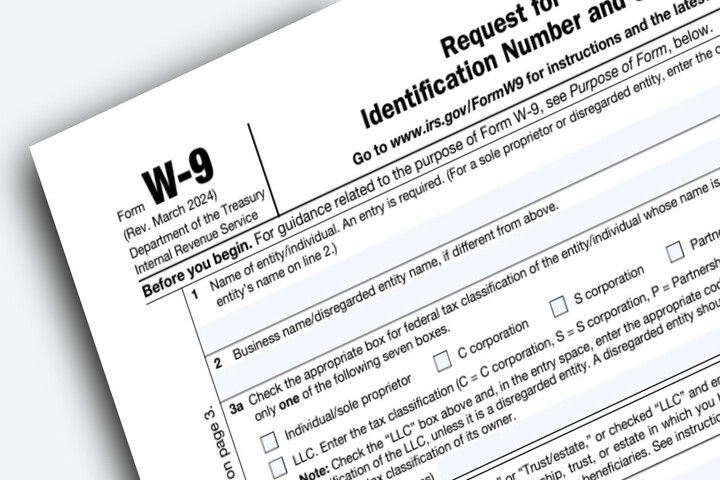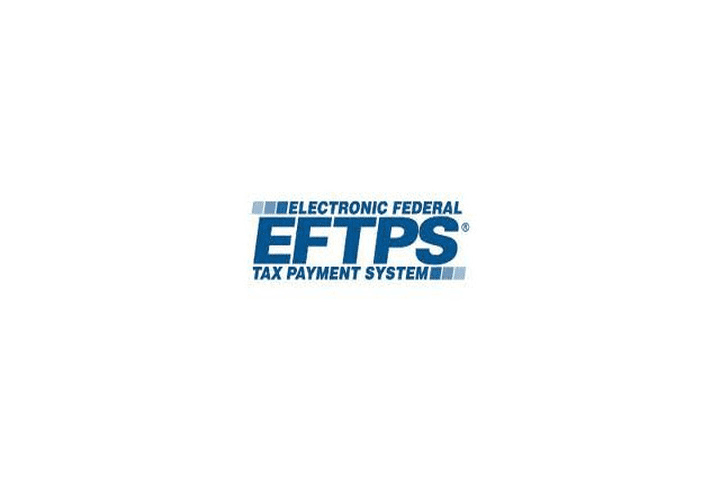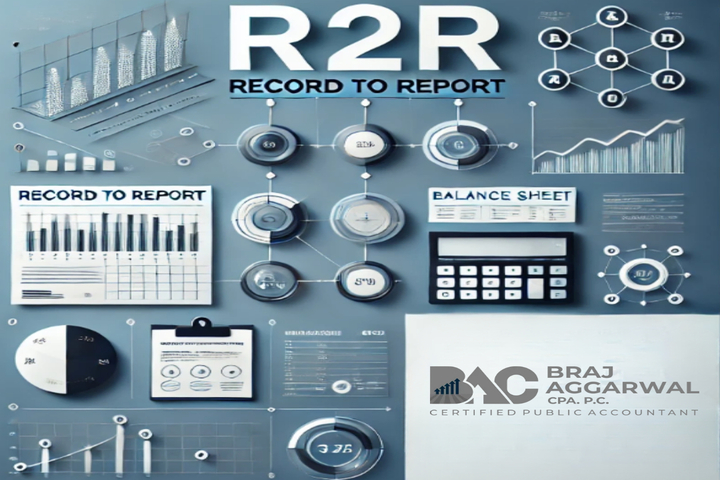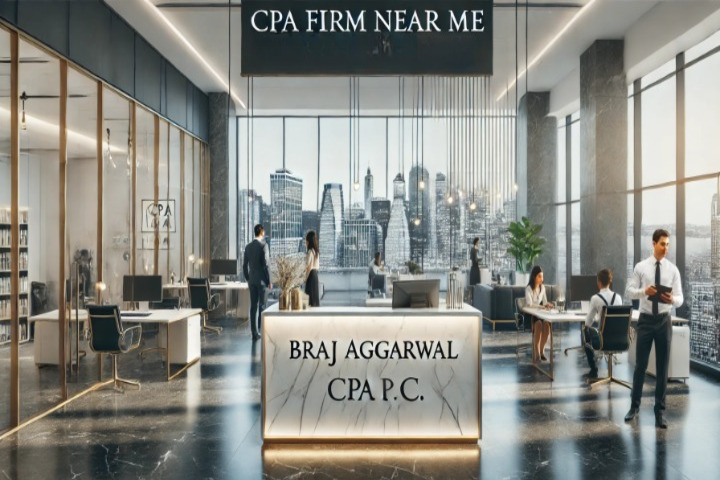Understanding the HUD Program and How to Navigate Its Compliance Requirements

The HUD Program was established to provide affordable rental housing for low-income families, seniors, and individuals with disabilities. For real estate investors, it's crucial to understand that HUD doesn't directly finance loans. Instead, HUD offers insurance for 100% of the loan amount, allowing investors to secure some of the most competitive interest rates available.
Common Pitfalls in HUD Compliance
Regulatory Misunderstandings: HUD regulations are complex and can be difficult to interpret. Property owners might struggle with understanding the nuances of these regulations, which can lead to unintentional non-compliance. For example, changes in HUD policies or funding requirements may not be immediately clear, leading to inadvertent breaches.
Poor Record Keeping: Effective record keeping is crucial for compliance. Inadequate documentation, such as missing maintenance logs or incomplete financial records, can create significant issues during audits. Proper records are essential not only for proving compliance but also for managing property operations efficiently.
Neglecting Inspections: Regular property inspections are vital for identifying and addressing maintenance issues before they escalate. Neglecting these inspections can lead to deteriorating conditions, which might violate HUD’s property standards and result in sanctions or loss of funding.
Overlooking Tenant Rights: HUD regulations protect tenant rights in various ways, including fair treatment and proper maintenance of living conditions. Ignoring these rights can result in legal challenges, fines, and damage to the property owner’s reputation. It’s essential to stay informed about tenant rights to avoid disputes.
Missed Reporting Deadlines: Timely submission of financial reports and other required documents is critical. Missing deadlines can lead to penalties and a negative impact on the property’s standing with HUD. Establishing a robust system for tracking and meeting reporting requirements can help avoid these issues.
Inadequate Staff Training: Staff responsible for managing HUD-compliant properties need proper training to perform their duties effectively. Untrained staff might mishandle tenant requests, mismanage funds, or fail to comply with regulations, leading to compliance issues and potential penalties.
Ignoring Fair Housing Laws: Compliance with fair housing laws is mandatory. Failing to uphold these laws can lead to discrimination claims and legal action. Property owners must ensure that their practices and policies align with fair housing requirements to avoid legal troubles.
Mismanagement of Funds: HUD funds must be managed according to strict guidelines. Misusing these funds or failing to account for them properly can lead to severe financial penalties and jeopardize future funding. Effective budgeting and financial management practices are essential for maintaining compliance.
Lack of Communication with HUD: Regular and clear communication with HUD representatives is crucial for addressing issues and ensuring compliance. Poor communication can lead to misunderstandings and unresolved issues, which may impact the property’s compliance status.
Ignoring Complaints: Tenant complaints should be addressed promptly and effectively. Ignoring or inadequately handling complaints can lead to unresolved issues, tenant dissatisfaction, and potential violations of HUD regulations. An efficient complaint resolution process helps maintain a good relationship with tenants and ensures compliance.
Recommended Practices for HUD Compliance
To avoid compliance issues, follow these best practices:
- Hire Experienced Managers: Ensure property managers are knowledgeable about HUD regulations.
- Understand Governing Documents: Fully comprehend all relevant contracts and regulations.
- Maintain Accurate Records: Keep detailed records of all transactions and compliance activities.
- Provide Regular Training: Offer ongoing training for staff on HUD compliance.
- Use Compliance Checklists: Regularly assess compliance with HUD requirements using checklists.
- Be Proactive: Review and audit operations regularly to identify and address potential issues.
- Consult Experts: Seek advice from legal and compliance experts specializing in HUD regulations.
- Encourage Open Communication: Create an environment where staff can report issues freely.
- Prepare for Inspections: Conduct internal reviews and ensure documentation is complete ahead of HUD inspections.
By adhering to these practices and preparing thoroughly, property owners can effectively manage HUD compliance and maintain a positive relationship with HUD.
HUD mandates thorough audits to ensure adherence to its regulations across several key areas. These audits, conducted annually, focus on verifying financial accuracy, assessing internal controls, ensuring management compliance with federal award terms, meeting HUD’s durability standards, and adhering to local rent control guidelines, which differ by location.
To prepare effectively, it is essential to engage a tax professional familiar with HUD audits. During the audit, you'll need to provide audited financial statements, including the auditor’s opinion and compliance report, within 90 days after the fiscal year ends.
Key areas of focus include comprehensive financial records such as balance sheets and profit and loss statements, insurance declarations, property tax payment evidence, mortgage documentation, and tenant information. Be prepared with detailed documentation of procedures for tenant applications and eligibility, and samples of tenant files.
How Braj Aggarwal, CPA, P.C helps in compliance with HUD
At Braj Aggarwal, CPA, P.C, we specialize in guiding property owners through HUD audits by ensuring compliance with complex regulations and streamlining the audit process. Our expertise helps you maintain accurate financial reporting, prepare effectively for audits, and address potential issues early.
By partnering with us, you enhance your audit readiness, avoid common pitfalls, and safeguard your investment while maintaining a positive relationship with HUD.





